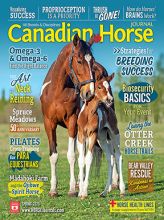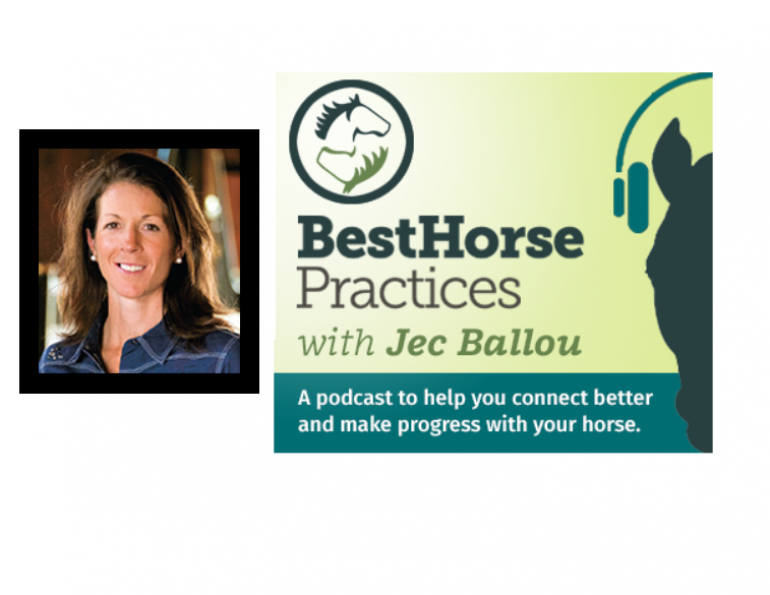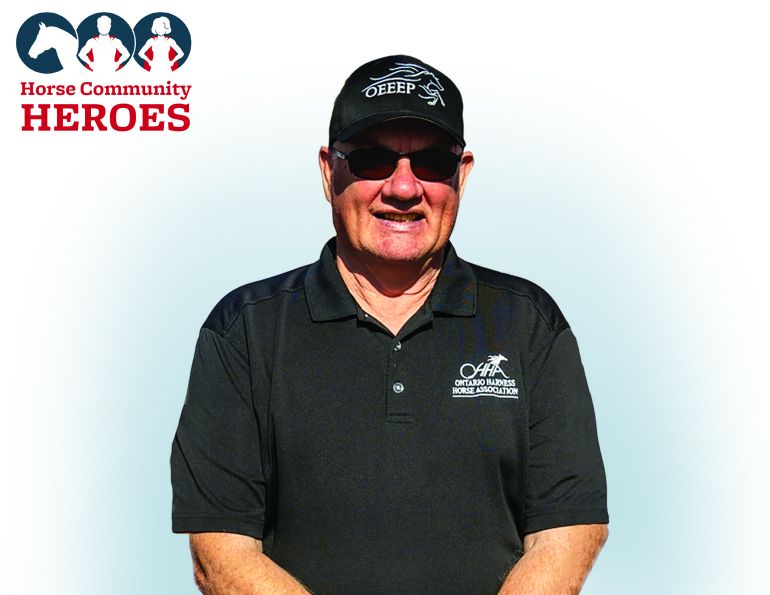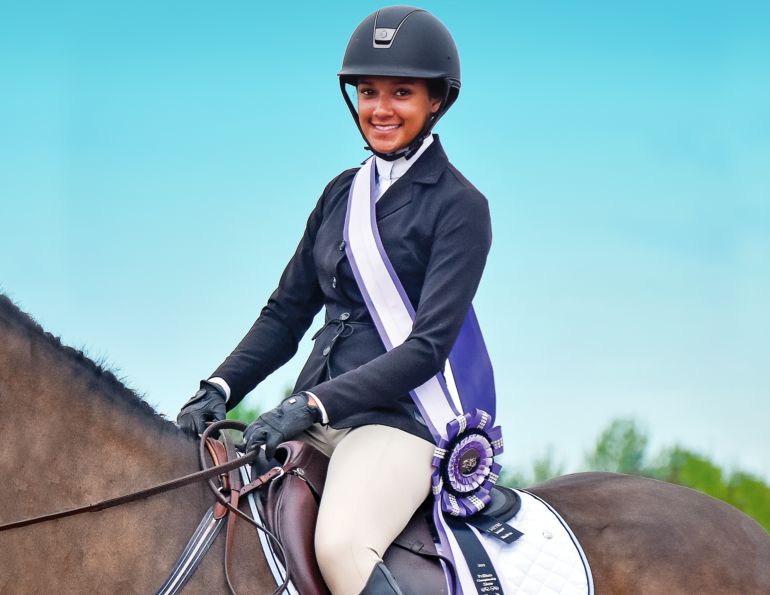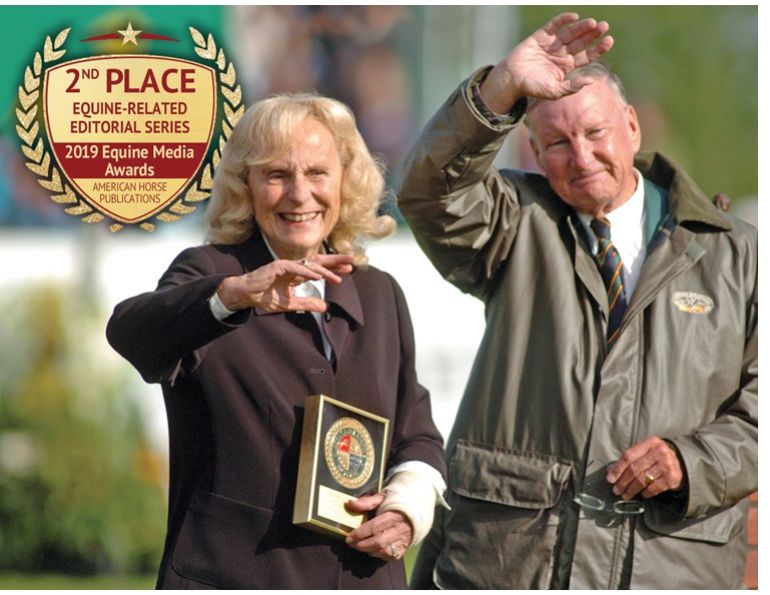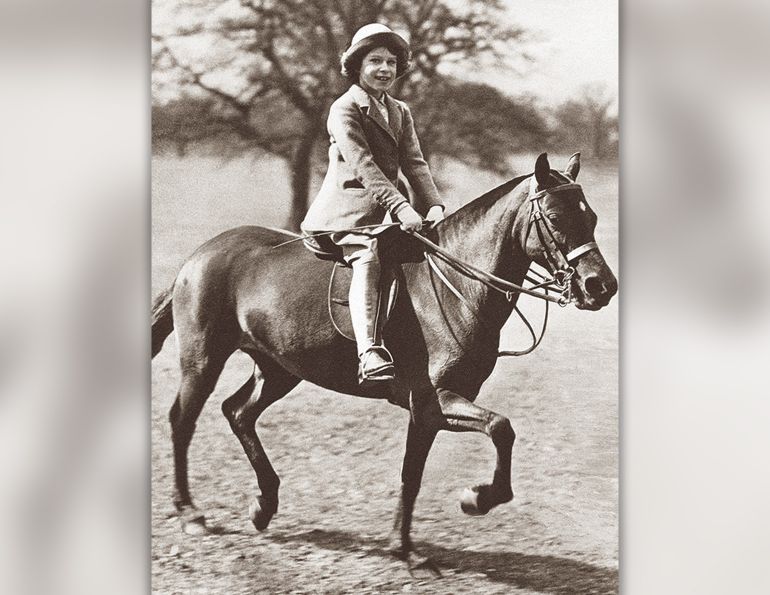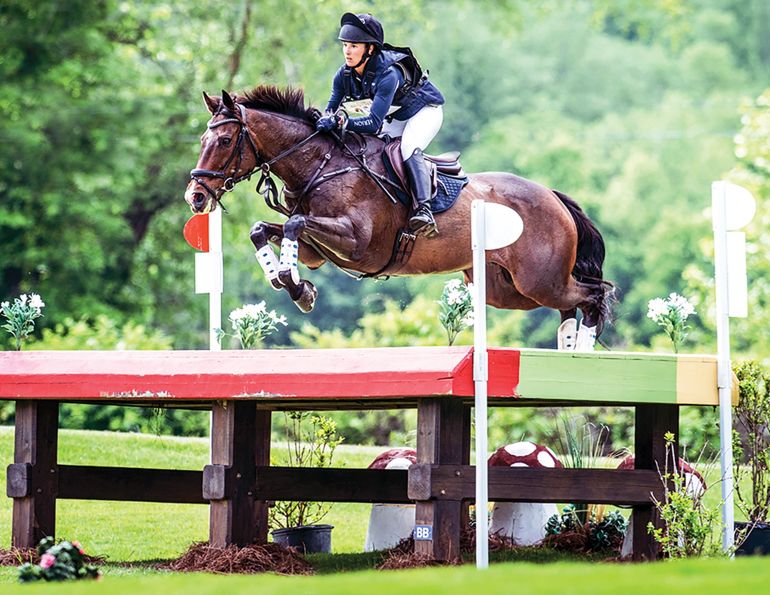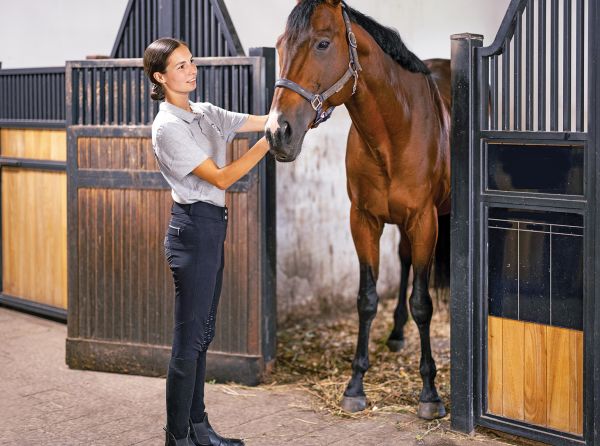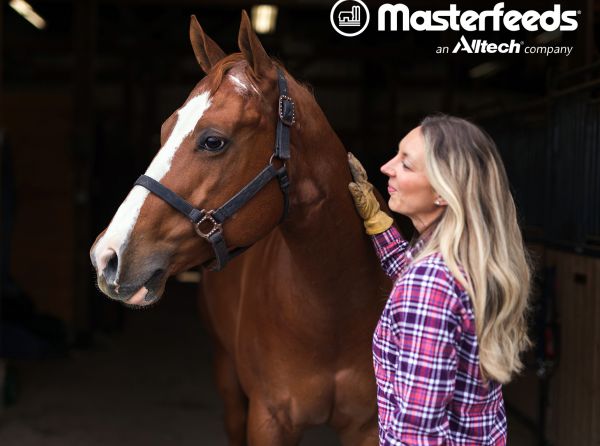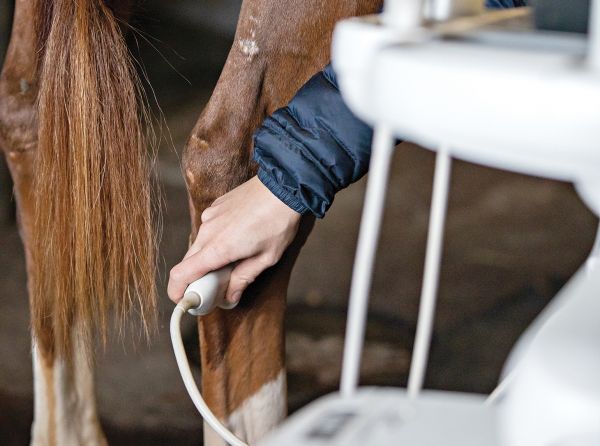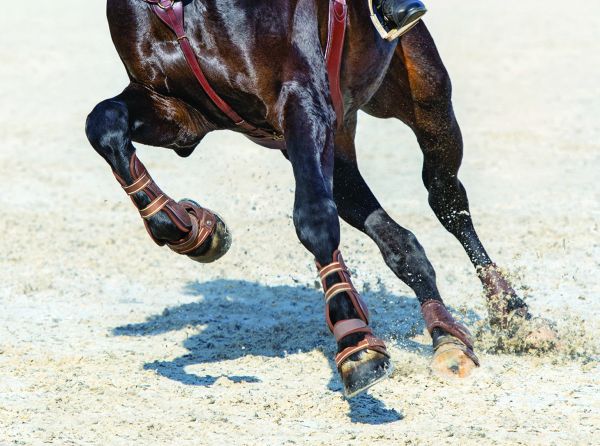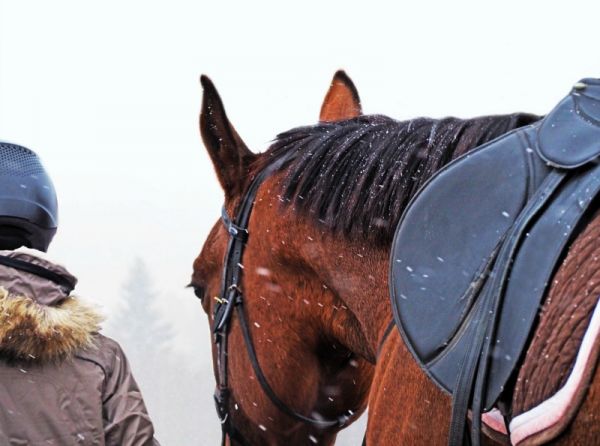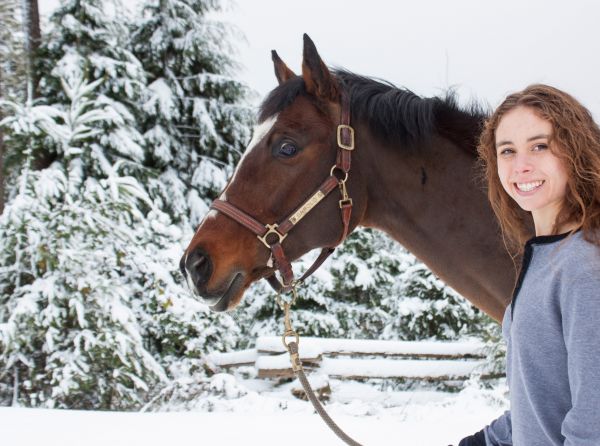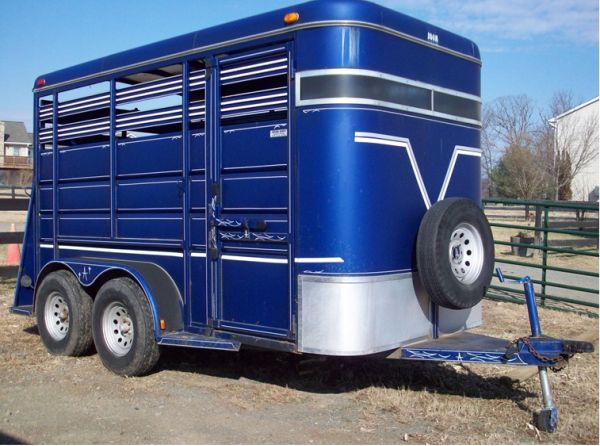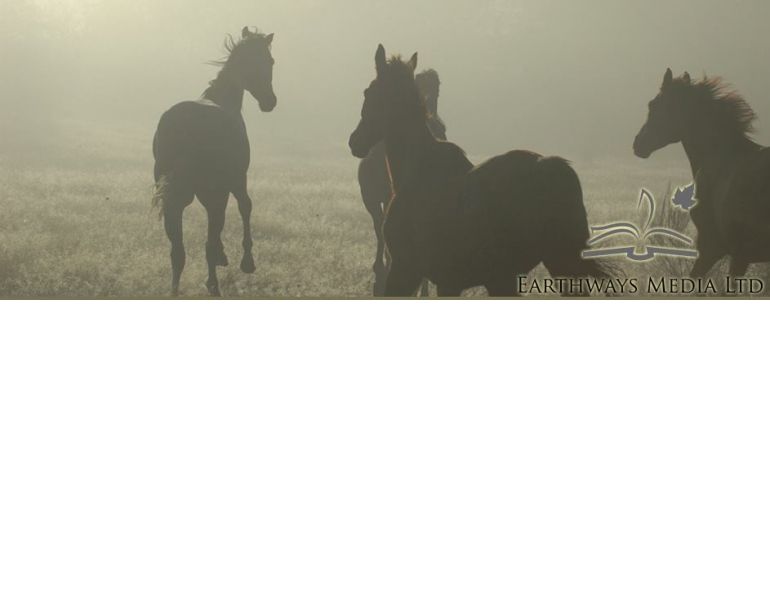Driving Communities Forward
By Tania Millen, BSc, MJ
Like many horse people, Gillian Allan wears lots of hats.
“When I’m working with my Halflingers, I’m a breeder,” says Allan from her Folly Farm along the Wallace River in Middleboro, Nova Scotia. “When I’m coaching carriage driving, I’m a coach. When I’m volunteering with any one of the boards that I’m on, I’m a community volunteer. When I’m training ponies, I’m a trainer. But I’m really just Gillian.”
Allan started riding when she was quite young and still has her first hobby horse in her house. But she always dreamed of driving.
“I used to sit up in the barn loft in an old sleigh with a bridle hooked to the wall and the reins in my hands, driving my imaginary horse,” says Allan.
However, it wasn’t until she was an adult that Allan pursued her dream.
“I bought two Welsh ponies in about 1995 that were trained to drive, along with the wagon and harness for them,” says Allan. “That was my first driving experience and it was awesome. After a while, I wanted to learn how to do it properly and be safe, so I started taking clinics.
“When the Welsh ponies finally aged out, I decided to step up to Halflingers so that I could learn how to drive a carriage and pull more people around,” Allan says.
Related: Heroic Bystander Rescues Wild Foal Stranded on Cliff's Edge
Taking clinics herself, Allan realized how many horse people were seeking knowledge and she’s been helping fill that gap ever since.
“Continuous learning is really important and so is supporting our horse community,” says Allan, who has been or is involved with Equestrian Nova Scotia, Nova Scotia Driving Society, Nova Scotia Haflinger Club, Canadian Haflinger Association, and her group of drivers who have created the Wallace River Carriage Club.
Allan is an Equestrian Canada (EC) driving coach; has organized many combined driving and pleasure driving clinics and shows at her farm with renowned judges and clinicians; and has promoted the EC “Learn to Drive” program and US Carriage Driving Association “Driving Proficiency Level 1.”
“I’ve had some wonderful mentors over the years, from the United States, United Kingdom, Nova Scotia, Quebec — our clubs bring in great mentors for coaching,” explains Allan.
Along the way, Allan realized there was a shortage of horses suitable for driving. So, having fallen in love with Halflingers, she started breeding them.
“I bought a lovely stallion and then kept on improving my mare stock,” she says. “We’ve been breeding for about 15 years, but my husband and I are aging, so our breeding program is slowing down.”
More recently, Allan and her supporters developed their own “Ponies and Pals” program to help youth learn horsemanship and driving skills.
Related: Heroic Bystander Rescues Wild Foal Stranded on Cliff’s Edge
“We felt there was a lack of education in children who were starting riding and driving,” says Allan. “We have people who have horses, equipment, expertise, and knowledge, so we created a program.
“The first six weeks are ground lessons on how to handle and read horse body language, plus basic care of horses,” Allan explains. “Each child has a mentor and I’m a certified coach, so we provide a safe and structured environment at our barn.”
The second six-week session introduces the children to driving.
“Each child is taught by their mentor to harness and hitch and drive a horse or pony,” says Allan. “It’s a way to get kids involved. Plus, most of the mentors are seniors, so it’s a wonderful way to engage them in life — by helping other people. It’s about more than horses.”
Allan’s group also hosts adult learn-to-drive programs.
“We spend a day with 30 or 40 adults who want to learn how to drive,” she explains. “We do everything from safety to harness fitting to ground driving and then they all get a chance to drive.”
Allan and her friends have supported their communities in other ways, too.
“We did a carriage drive to feed Nova Scotia where we all recorded our driving hours for six months and raised money for the provincial food banks,” says Allan. “Our group also just finished making a full-size gastrointestinal tract of a horse so that we can take it to education sessions to illustrate how colic is the leading cause of death in healthy horses.”
All told, Allan has been instrumental in promoting driving in Nova Scotia, and along the way, helping connect youth and seniors to horses.
“I love teaching, I enjoy horses, and I know how much fun driving is,” says Allan. “I’ve been fortunate to combine all those together.”
Related: Horse Community Heroes: Dan Wilson
Related: Horse Community Heroes: Brian Tropea
Photo: Gillian Allan. Credit: Pam MacKenzie Photos


